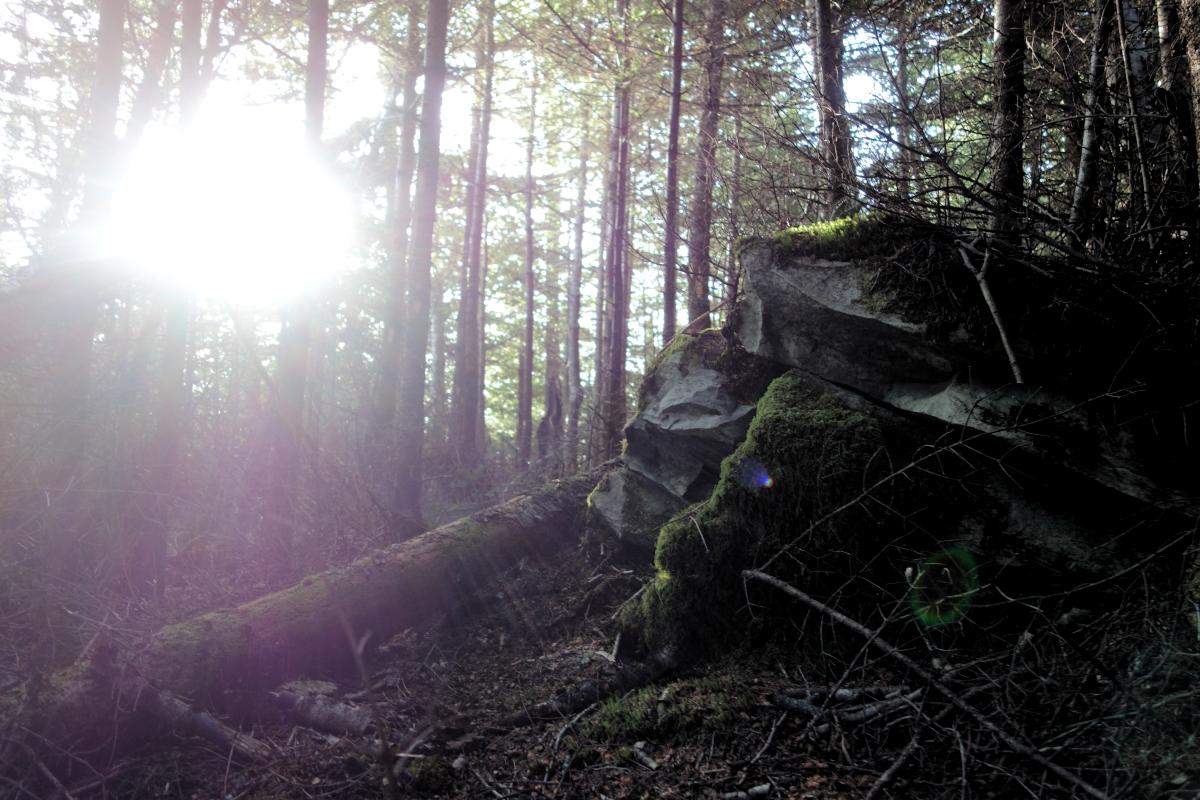I really enjoy talking about risk, but it’s always better to talk about concrete examples rather than theories. My recent post about the disasters encountered on our island trip got a lot of people riled up about the risks I was taking, so I figured I’d use that as an opportunity to talk about risk, why I take the risks I take, and how risky they actually are.
Before I get into that, it’s worth saying that I’m human and I make mistakes. I expect that I will always be human, and thus prone to mistakes, so the best I can do is learn from them. Having someone fall asleep at the wheel and allowing our boat to be untied in a current without the motor starting were both mistakes that should have been avoided.
That said, I have a much different risk profile than most people. I’ll explain this in detail in a second, but something to consider is that while the principles that go into my assessment of risk may be universal, the resulting profile is not. In other words, just because I think a risk is worth taking doesn’t mean that it’s worth it for you, too. We all have different values and priorities.
One of the fundamental pillars of my relationship with risk is that I’m completely willing to take bad outcomes. Really bad outcomes, in some cases. By widening the range of bad things I’m willing to accept, I give myself more upside. Obviously these choices must be considered individually, not just accepted with an attitude of “take every risk!”
Take, for example, some of our boating experiences. I know how to drive a boat, but had never driven an actual boat in an ocean before. Just lakes. It was also foggy some of the time, making navigation tricky. And, of course, our first motor was very unreliable. There was a significant chance that we would be stuck in the middle of our harbor with nothing but one oar and a strong current. It wasn’t that we were oblivious to this risk, just that we thought it was worth it.
We could have been very cold and uncomfortable. We could have damaged the boat. We could have drifted way down the harbor and had the herculean task of somehow getting the boat back to our area. We were never going to die or get into a really bad situation, though. The harbor is very long and narrow, and I’d bet any amount of money that with one paddle I could get us to some land before hitting the ocean. Also, the current was going inland, so if we just let ourselves loose into the harbor, we would have probably hit land automatically anyway.
Add in the fact that we know neighbors and have cell phone coverage in the harbor, and our chances of a seriously terrible otucome are pretty much zero. Annoyance, hassle, hard work, and discomfort are all on the table, but serious injury or death really aren’t.
The same goes for camping without a full set of gear. I went in not really knowing how well my gear would perform. I had a 35 degree sleeping bag, and extra queen sized blanket, and winter clothes, but I knew my cot would be kind of chilly. So I was cold for a couple nights. I’m willing to accept that risk for the upside of quicker planning and focusing on important things rather that personal comfort. And, again, there’s just no chance I’m going to get hypothermia. I can start a fire, borrow a friend’s gear, take the boat to the mainland and get in the car, etc.
The less glamorous side of all this risk taking, the one that no one ever mentions, is that I have eliminated all of the “looks safe but isn’t” risks that everyone else accepts. I don’t drink or do any drugs. I eat healthy food and exercise. I don’t have any stress. I’ve made a trade– I’ll give up all of the low upside high eventual downside risks, and trade them for some high upside occasional high downside risks. My goal isn’t to live a life of no risk, but rather to live a life of many high yield risks.
So far, this strategy has worked really well. I haven’t been to a doctor in fifteen years. I’ve never broken a bone, except a toe, which healed on its own. I’ve taken some big financial hits, but never enough to bankrupt me or make me dependent on someone else. This isn’t proof that this is a good strategy, but it is one pretty big data point.
By living and functioning we’re all accepting some amount of risk. The magnitude of that risk and the shape of its profile can and should vary from individual to individual. My goal is never to say that the risks I take are correct for everyone, or even that my choices are perfect for myself. The message I hope to get across is that we should make conscious choices behind these risks to live the lives that we want, rather than to accept the default set of risks that most people live with.
###
Photo is from one of our new trails on the island. We have a surprising amount of huge rocks there.

Leave a Reply